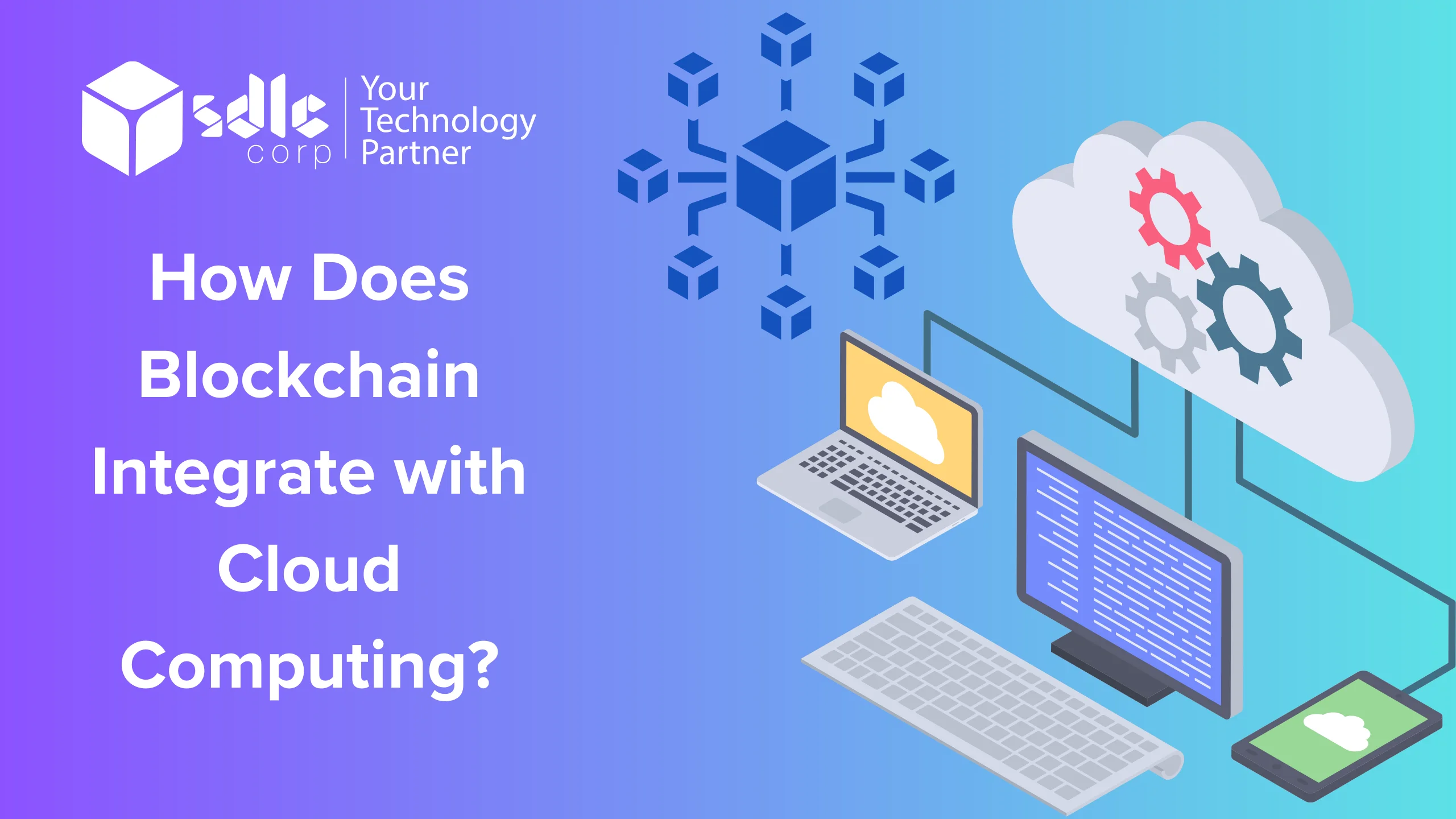Unlocking Synergies: Blockchain’s Integration with Cloud Technology
In the ever-evolving landscape of digital innovation, the convergence of blockchain and cloud technology emerges as a transformative force, reshaping how businesses secure, manage, and leverage data. This union of decentralized ledger prowess and scalable computing prowess promises not just enhanced security and operational efficiency, but a paradigm shift in digital trust and transparency.
Understanding Blockchain’s Essence
At its essence, blockchain transcends its roots in cryptocurrency to offer a decentralized ledger system where transactions are cryptographically linked and immutable. This immutable nature ensures that each entry, or block, is forever etched in the digital fabric, verified by a network of participants rather than a centralized authority. This robust architecture makes blockchain not merely a ledger, but a beacon of trust in an increasingly digital world.
Cloud Technology: A Gateway to Scalability and Flexibility
Cloud technology, on the other hand, epitomizes agility and scalability. It empowers organizations with on-demand access to a vast reservoir of computing resources—be it storage, processing power, or applications—delivered over the internet. The cloud liberates enterprises from the shackles of physical infrastructure, allowing them to scale operations dynamically and respond swiftly to market demands.
The Symbiosis Unveiled: Benefits of Integration
- Fortifying Security Fortresses: Blockchain’s decentralized architecture and cryptographic encryption fortify data fortresses in the cloud. By integrating blockchain with cloud storage solutions, organizations fortify sensitive data with layers of cryptographic shields and distribute replicas across a myriad of nodes, erecting formidable defenses against data breaches and cyber threats.
- Sentinels of Data Integrity: The immutability of blockchain champions the cause of data integrity. Every transaction, every modification is not merely recorded, but indelibly etched across the blockchain network. Cloud platforms, in turn, wield this immutable ledger to safeguard the sanctity of data stored in their ethereal realms, ensuring that integrity remains sacrosanct amidst the tempests of digital disruption.
- The Transparency Paradox: Blockchain’s hallmark transparency illuminates the murky corridors of data governance in cloud environments. It bestows upon organizations the power to trace every byte, audit every access, and monitor every modification in real-time. This transparency not only augments accountability but also steers organizations towards regulatory compliance and ethical stewardship.
- Decentralized Utopias: Integration extends beyond security to redefine data storage paradigms. Blockchain enables decentralized file storage and sharing, liberating data from the clutches of central servers to a distributed network of nodes. Cloud platforms, embracing this decentralized ethos, deliver unparalleled resilience and availability, ensuring data omnipresence in the face of adversity.
- Automating Contracts, Elevating Efficiency: Smart contracts, the digital custodians of contractual obligations, herald a new era of efficiency in cloud operations. These self-executing contracts, powered by blockchain, automate and enforce agreements sans intermediaries, streamlining processes from procurement to payment and beyond. Cloud platforms integrate these intelligent contracts to orchestrate seamless workflows, catalyzing operational fluidity and economic efficacy.
Embarking on Use Cases: Trailblazing Possibilities
- Supply Chain Revolution: Blockchain’s transparency and traceability revamp supply chain dynamics. As blockchain harmonizes disparate nodes in a cloud-backed ecosystem, supply chain stakeholders synchronize operations, optimize inventory, and fortify resilience against disruptions—a testament to innovation forging a pathway to prosperity.
- Healthcare Renaissance: The marriage of blockchain and cloud redefines healthcare data management. From electronic health records to patient privacy, blockchain safeguards the sanctity of data in cloud-hosted repositories, fostering interoperability and securing patient-centric care amidst the labyrinthine complexities of medical ethics and compliance.
- Financial Frontier: In the financial realm, blockchain streamlines cross-border payments, accelerates trade settlements, and fortifies regulatory compliance in cloud-based infrastructures. This union empowers financial institutions to navigate the choppy waters of global finance with confidence and integrity, charting a course towards financial inclusivity and prosperity.
- Identity Unveiled: Blockchain’s prowess in digital identity verification meets cloud’s prowess in scalability to forge a future where identity transcends borders and bureaucracies. This coalition ushers in an era of seamless access to digital services, fortified by blockchain’s encryption and cloud’s flexibility—empowering individuals with the digital keys to unlock a world of possibilities.
Navigating Challenges: Charting the Course Ahead
While the amalgamation of blockchain and cloud beckons towards untold possibilities, navigating challenges remains imperative. Scaling blockchain solutions, ensuring interoperability across diverse platforms, and navigating regulatory landscapes pose formidable hurdles. Selecting the right blockchain framework, consensus mechanism, and cloud provider becomes the compass guiding enterprises through uncharted digital territories.
The Future Horizon: A Tapestry of Innovation
As we gaze upon the horizon, the synergy between blockchain and cloud technology forms a tapestry woven with threads of innovation and resilience. This alliance propels industries towards digital transformation, empowering enterprises to harness data as a strategic asset and beacon of trust. With blockchain’s immutable ledger as our guide and cloud’s infinite scalability as our canvas, we embark on a journey where innovation knows no bounds—an odyssey of digital reinvention, scripted by the pens of possibility.
In conclusion, the integration of blockchain with cloud technology transcends technological convergence—it unfolds as a narrative of empowerment, trust, and boundless innovation. As enterprises embrace this symbiosis, they embark on a voyage where data becomes not just a resource, but a testament to resilience in the face of digital disruption.















